Radically unadorned, “Occupied City” consists, for four hours, of scenes of contemporary Amsterdam overlaid with narration reciting events and actions at specific addresses: sites where Jews were ghettoized or forced to buy yellow stars; buildings where resistance members carried out activities; a square cited as the last place in the Netherlands where Jews were allowed (which now appears to be a bocce court). The text is by Stigter, and the narration is read by Melanie Hyams.
The approach—seeing the past in present-day locations—owes something to “Shoah,” although the organizing principle here is less clear. (The anecdotes are not chronological and seemingly not even geographically arranged; McQueen circles back to certain areas.) Some of the most powerful moments involve sites still in use in some form today. (Should you ever take a train through Amsterdam’s Centraal Station, note that, according to the film, an estimated one-quarter of the city’s Jews “departed” through that station in the war years.) Omissions are also suggestive; I could have missed it, but I don’t think “Occupied City” ever shows the Anne Frank House, one of Amsterdam’s most famous locations, although Frank is certainly mentioned.
One aspect of the film is uneasy-making. McQueen shot much of “Occupied City” while Amsterdam was shut down during Covid, and some of the juxtapositions he creates in the editing are a tad suspect. Surely when the film indicates that a square used as an assembly point for the roundup of Jews during the Holocaust is now a vaccination center, or that curfews were used in both periods, we’re not meant to see a literal parallel.
Pedro Almodóvar’s half-hour western, “Strange Way of Life,” which premiered at Cannes this afternoon, is a pretty minor exercise, a chance for both the director and the actors to try on some cowboy duds for no reason in particular. The film centers on Jake, a sheriff, and Silva (Pascal), a rancher he worked with as a hired gun 25 years ago. They were also lovers, and when they reunite at the start of the film, they are much more open about that past than, say, Jake Gyllenhaal and Heath Ledger’s characters in “Brokeback Mountain.”
But sex aside, “Strange Way of Life” consists of little more than a basic sketch for a showdown. (Jake plans to track down Silva’s son for committing a murder, and Silva wants Jake to leave him be.) Given 70 minutes, Budd Boetticher might have mined some dark ambiguities from the scenario while building toward the eventual three-man confrontation. But the rhythms here are off, and the tension is nonexistent.
You can view the original article HERE.





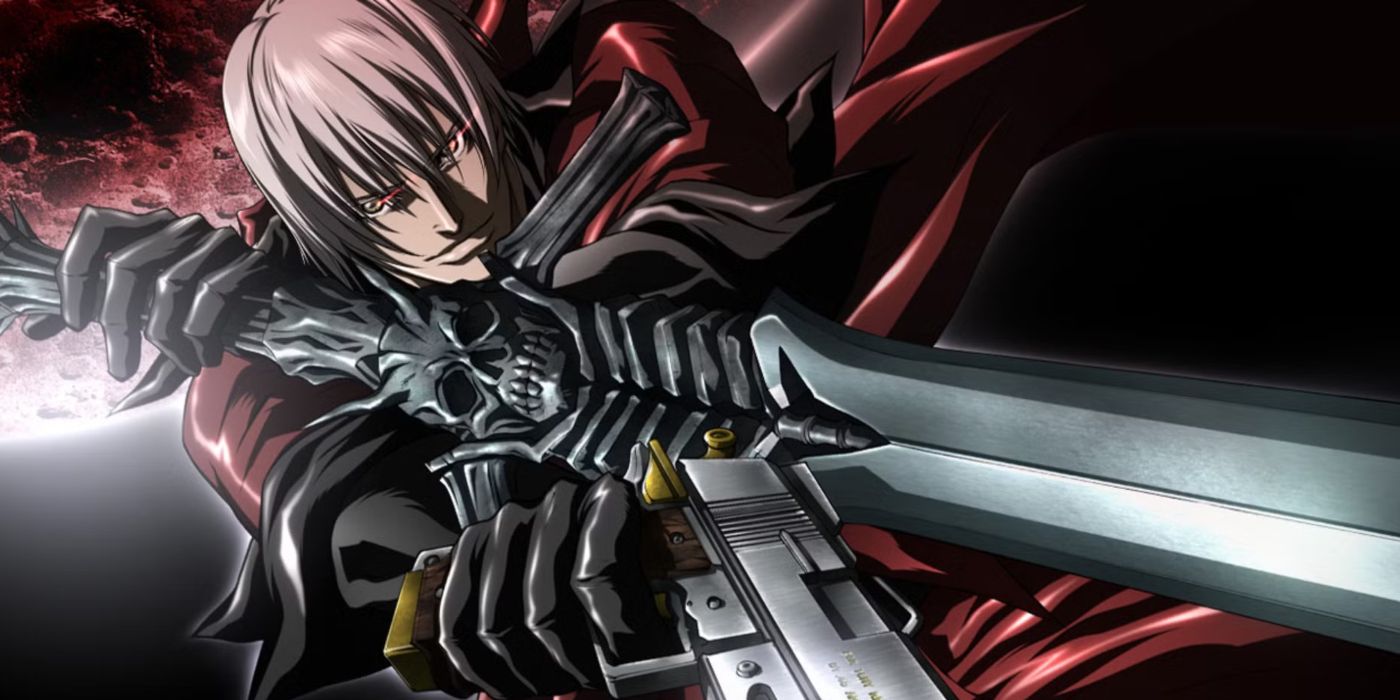



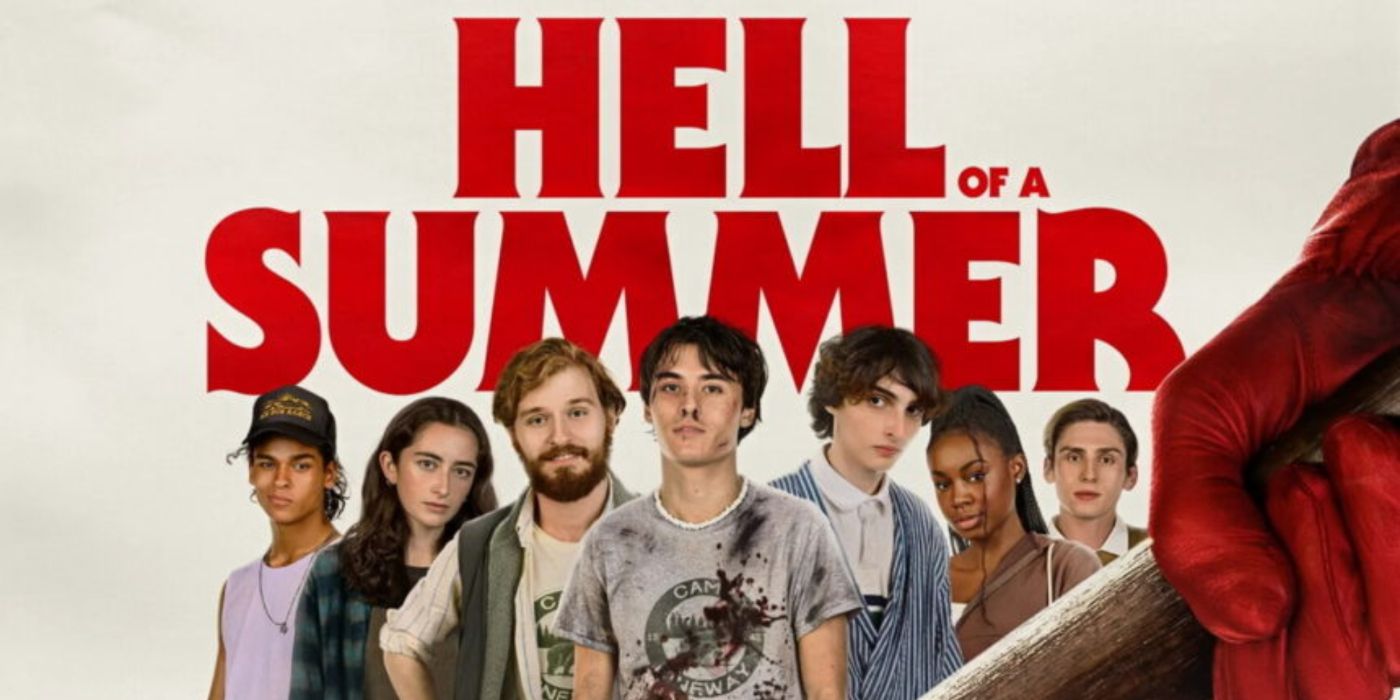
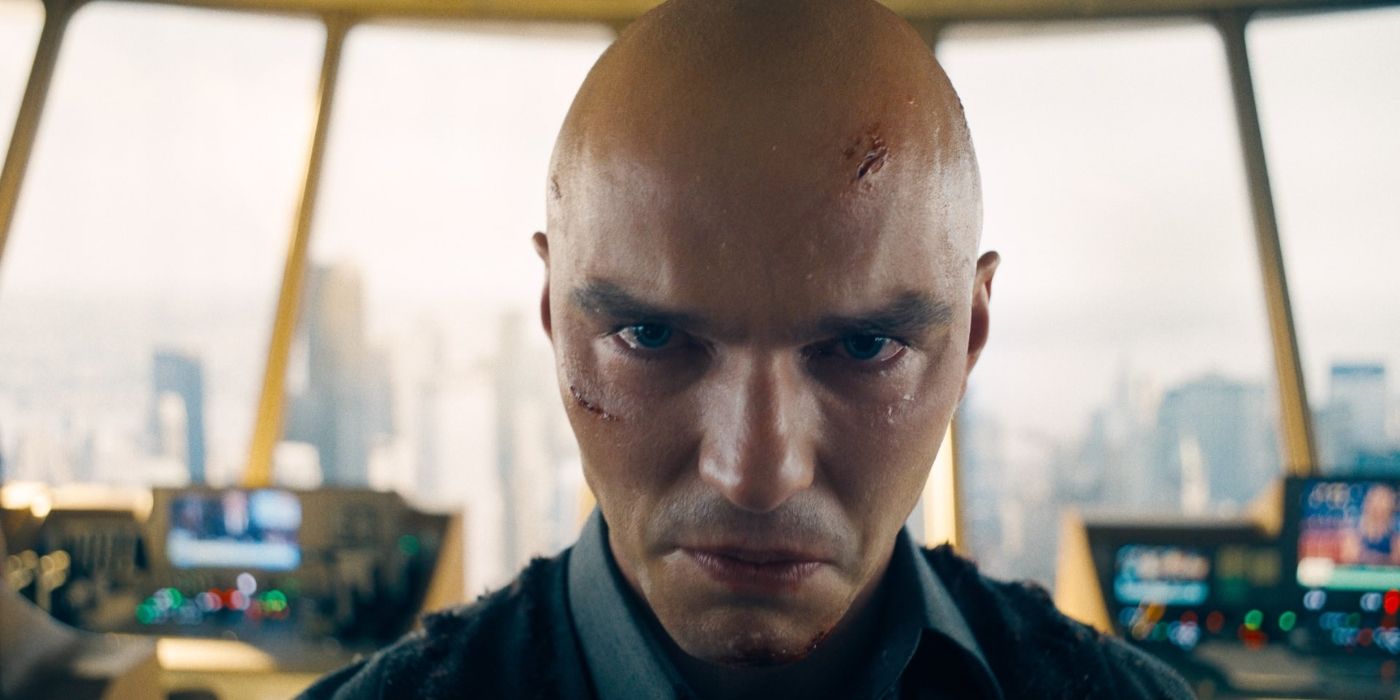

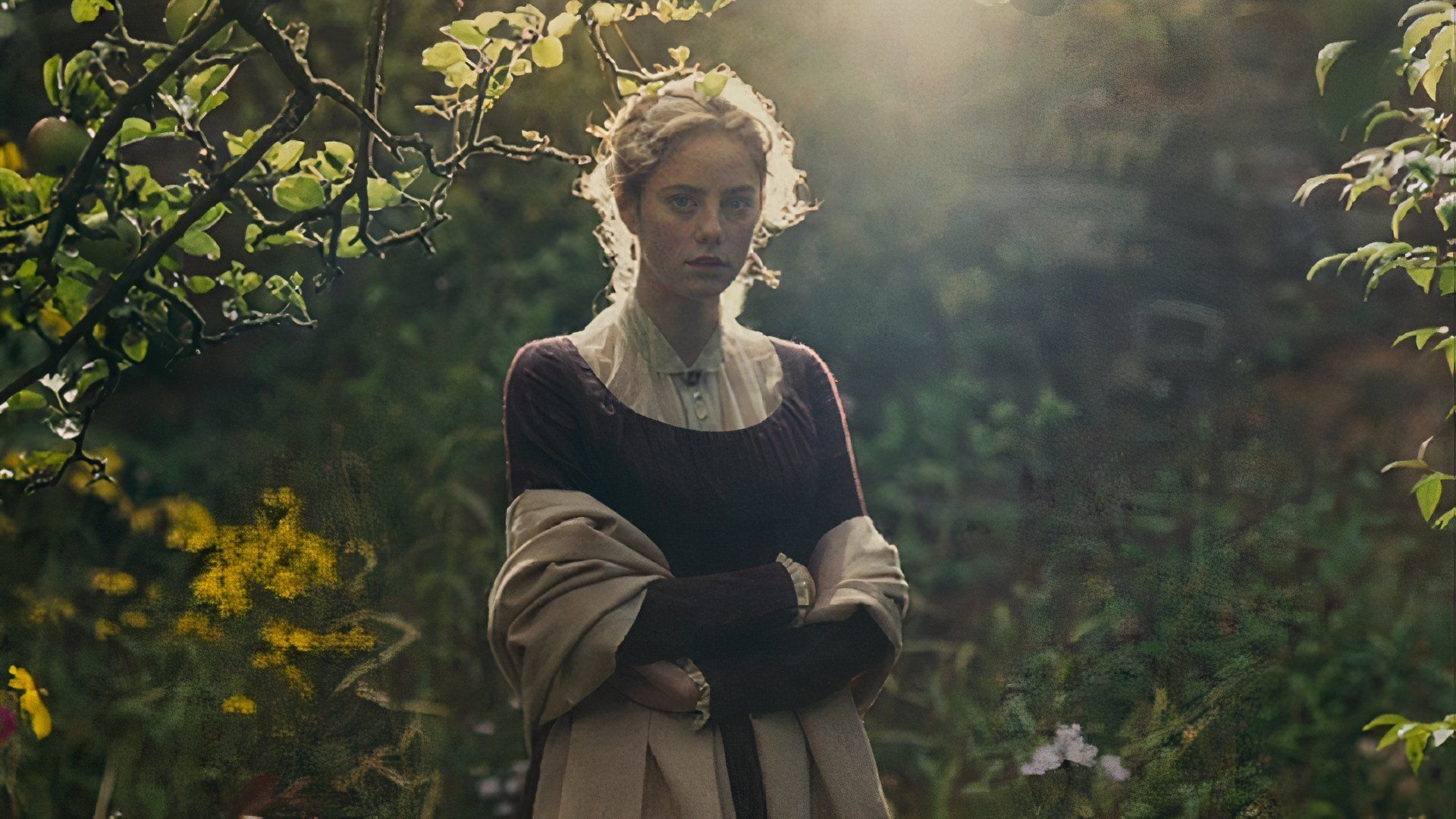




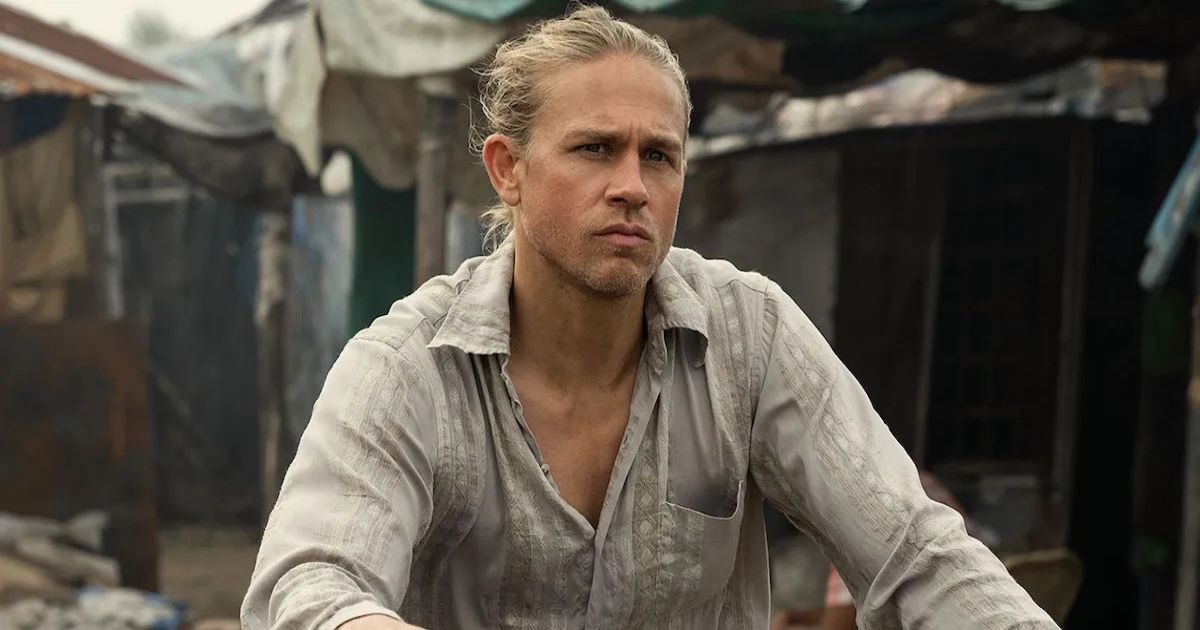







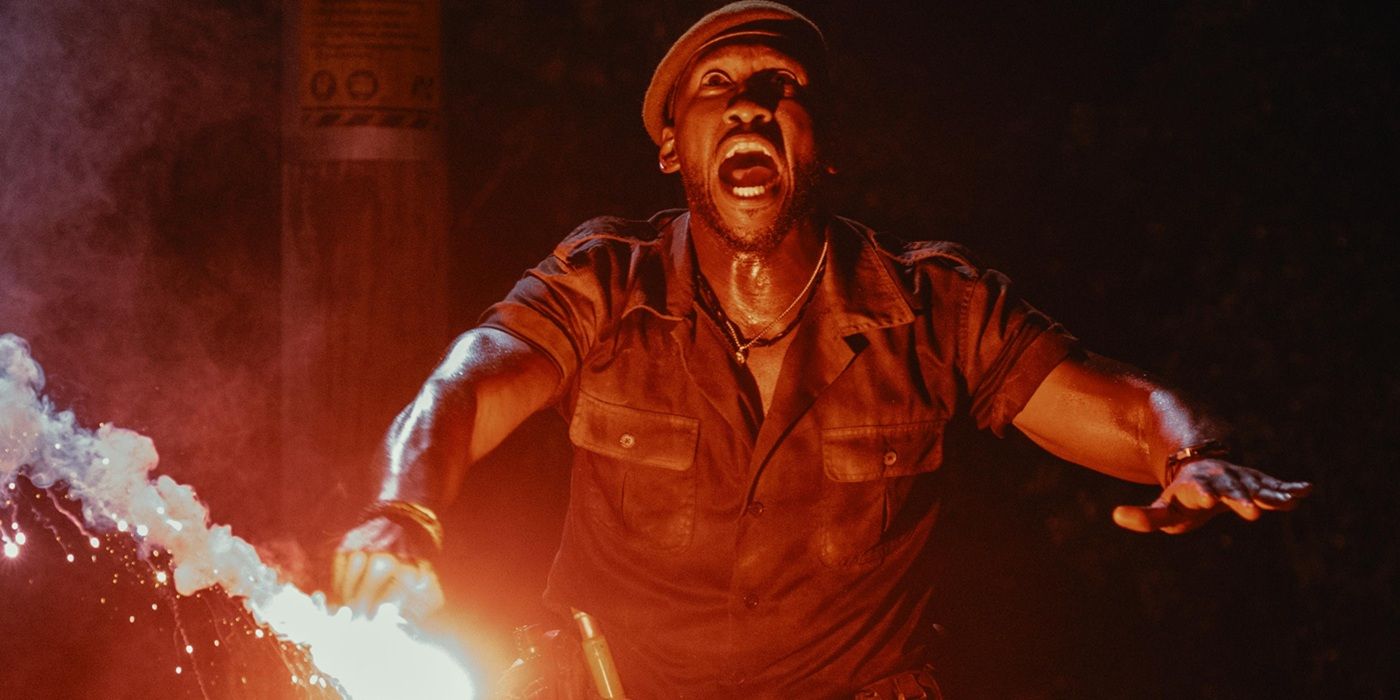


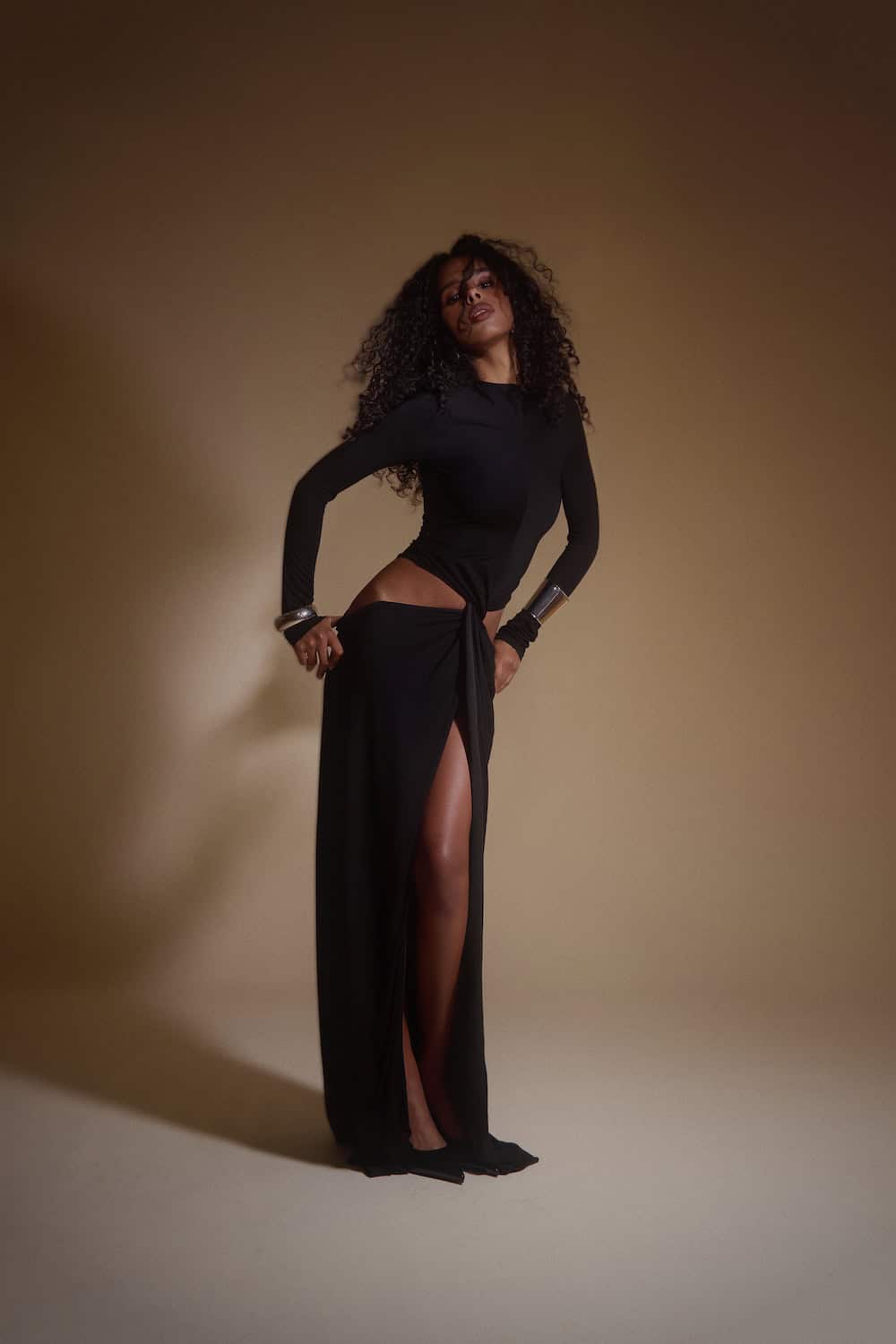
:quality(85):upscale()/2025/04/01/587/n/1922564/fe60d6be67ebe4b0bbd6f1.79749549_.png)